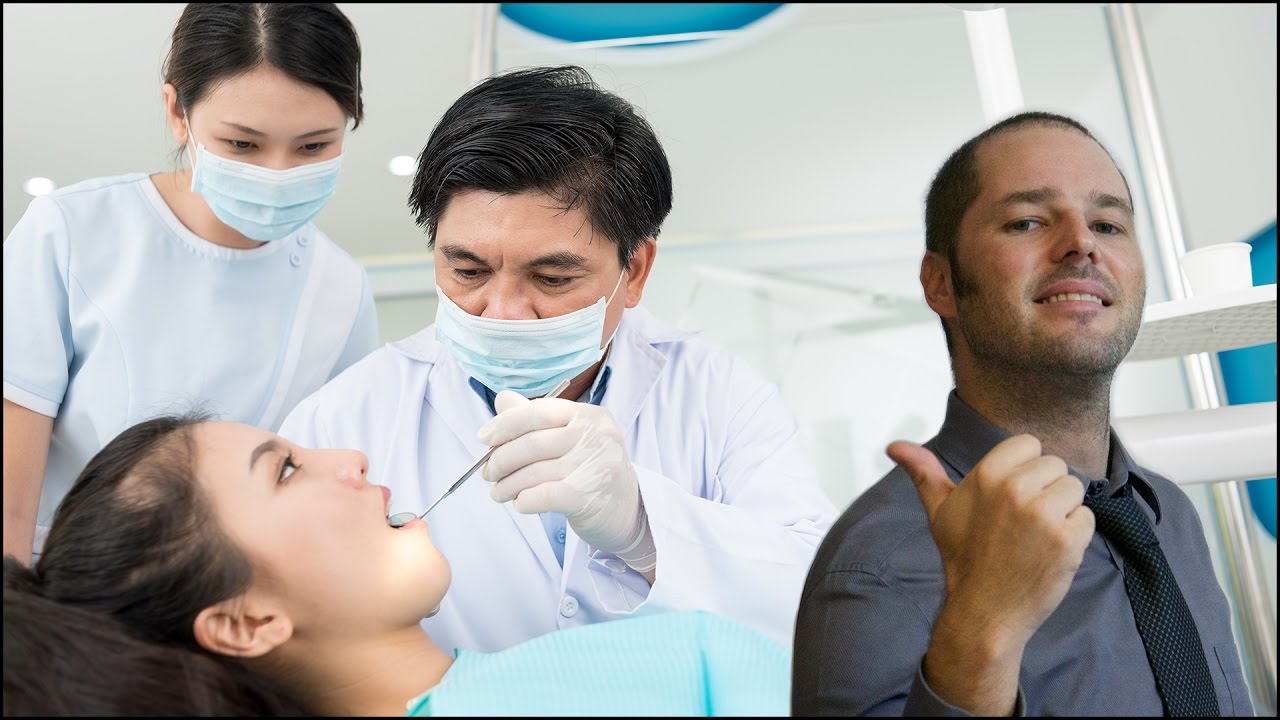The first reaction I normally get from foreigners when I tell them I’ve been to the dentist in China is one of incredulities followed by a shudder; ‘You went to the dentist here?’ I have to say I can’t blame them.
Since I first traveled to rural Yunnan in 2010 and witnessed the gut wrenching and terrifying sight of a street dentist – picture a teenage-looking girl in jeans, brandishing a dental drill in the middle of a market where, among other things, live poultry was for sale – I had experienced a slow trickle of fear every time I thought about it.
However, after two years of saving any dentist visits in the United States (aka 美国 看牙) for my annual trip home, I could avoid it no longer; I had a toothache, and it was only going to get worse. Fortunately, I live in Beijing, where there are a range of services to suit every budget and I put paid to my fears by rationalizing that in a city of nearly 20 million people- that’s at least 600 million teeth-there must be someone out there who could do the job.
Since then I have used my medical insurance to have a teeth cleaning (aka 医疗保险 洗牙), a root canal therapy, and a wisdom tooth extraction. I not only survived; my experiences were positive. When I traveled back to the United States, the first thing I did was to seriously read over my H-1B insurance (aka h1b 保险). I congratulated myself on getting my wisdom teeth treated in China, since the dental coverage in my H-1B medical insurance (aka h1b 医疗保险) is very limited.
I had seen an agency whose business focuses on summer vacation study abroad programs. One of their officers advertised, “the recommended U.S. travel insurance (aka 美国旅游保险推荐) provided by our company includes all accidental costs in America. It is unnecessary to spend extra money on purchasing American health insurance (aka 美国健康保险) provided by UnitedHealthcare.” The salesperson was cross with me, however, when I asked him a question, “You said your insurance covered all accidental costs. Does that include urgent toothache?”


